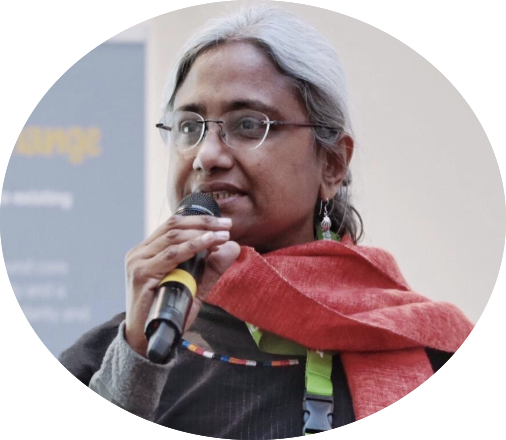NETWORK OF WOMEN
The Body Positivity Movement that
started in the 1960s has taken new shape and form in recent years. Mainstream media and consumer brands have
now successfully co-opted the movement for social appeal. Increasingly, body positivity is confused with
self-love.
Is body positivity the same as self-love? Are we taking the ‘feel-good-about-yourself’ argument too far?
Where do you draw the line in the context of personal health? And how does that play into social
well-being?
With the upcoming edition of ThoughtWorks N.O.W Bengaluru, we’re looking to spark thought-provoking
conversations around body image, self-perception and our perception of others.
For any further questions
/ suggestions write to us at:
now@thoughtworks.com



